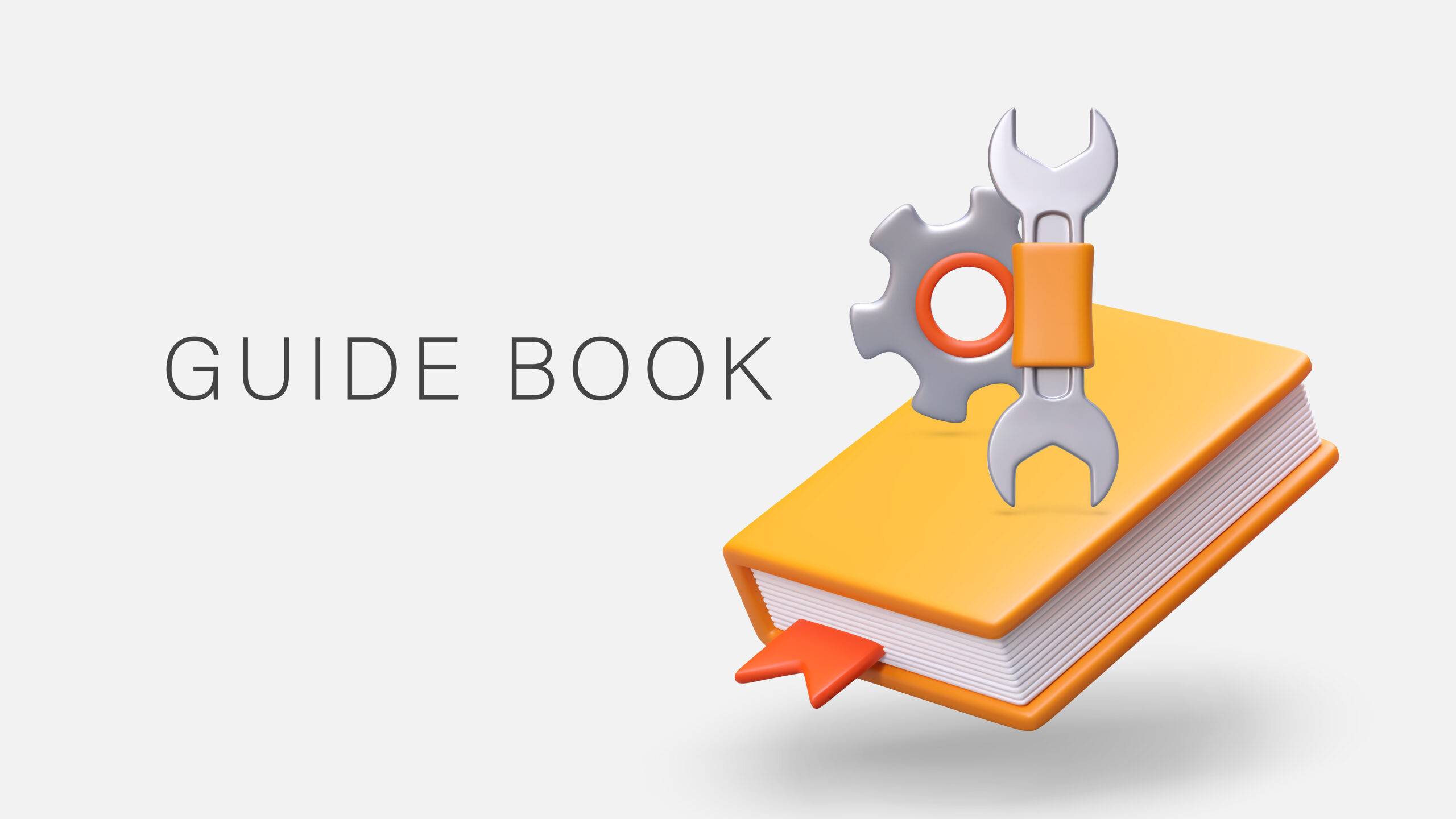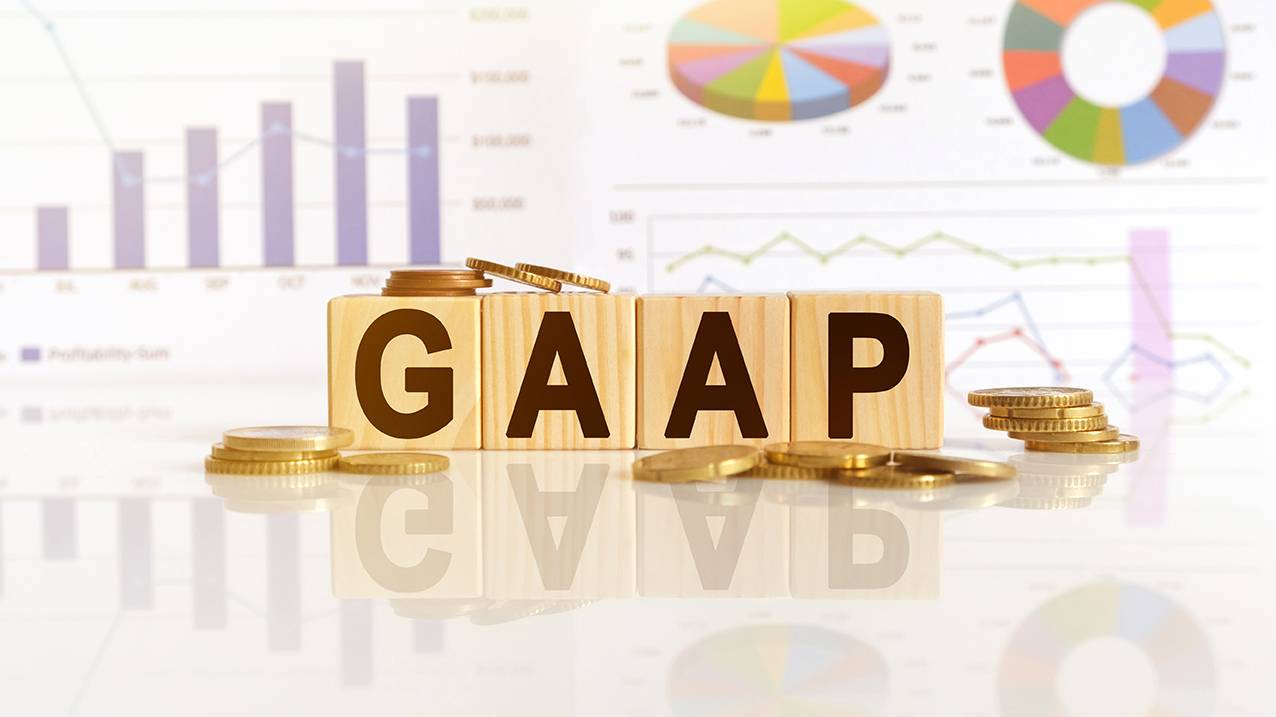Self-Study
Cost Accounting Fundamentals: Essential Concepts and Examples
Review inventory valuation and diverse costing methodologies. Learn to optimize product pricing, handle waste products, and more.

$364.00 – $404.00
Webcasts are available for viewing Monday – Saturday, 8am – 8pm ET.
Without FlexCast, you must start with enough time to finish. (1 Hr/Credit)
Please fill out the form below and we will reach out as soon as possible.
CPE Credits
14 Credits: Accounting
Course Level
Overview
Format
Self-Study
Course Description
Cost accounting is a critical field for accountants and finance professionals, characterized by its intricate concepts and diverse methodologies. Cost Accounting Fundamentals addresses the complex nature of this area, offering a comprehensive guide for both practicing accountants and students. Are you challenged by the multifaceted aspects of inventory valuation, product pricing, and cost analysis methods? This cost accounting CPE course meticulously explains key cost accounting concepts, illustrated through numerous examples. The cost accounting course delves into various significant topics including job costing, process costing, standard costing, activity-based costing, and capital budgeting analysis. Moreover, it provides a detailed insight into the role of cost accounting in product pricing, handling waste products, and understanding the cost of quality. By participating in this cost accounting CPE, you will gain the skills to effectively apply these concepts in real-world scenarios, enhancing your professional competency in the diverse and demanding field of cost accounting.
Learning Objectives
Upon successful completion of this course, participants will be able to:
- Cite the situations in which the cost accountant has a role.
- Specify the working relationships of the cost accountant.
- Cite the types of costs involved in the study of cost accounting.
- Recognize the methods available for deriving inventory costs and the cost of goods sold.
- State the entries used to compile job costs.
- Differentiate between the calculations used for the different forms of process costing.
- Specify how to calculate the different variances associated with standard costs.
- Identify the various methods for allocating joint costs, as well as the effects of allocations on profitability.
- Specify the proper accounting for various types of spoilage, rework, and scrap.
- Recognize the types of costs to include in the formulation of a product price, and the circumstances under which these costs may be included or excluded.
- Identify the process by which target costs are derived, and how that target can be met.
- Specify how transfer pricing works, and the situations in which to use different transfer pricing methods.
- State the circumstances under which direct costing can be used as an analysis tool.
- Recognize the process for compiling activity-based costs, as well as how allocation bases, cost pools, and activity drivers are used.
- Recognize the components of constraint analysis, and how to use this analysis to improve profits.
- Recognize the various methods for reviewing a capital budgeting proposal.
- Cite the methods used to accumulate costs, and the circumstances in which they are most useful.
- Identify the extent to which costs can change in reaction to different circumstances.
- Identify the types of costs associated with the quality concept.
Course Specifics
1143227
March 18, 2025
There are no prerequisites.
None
284
Compliance Information
CMA Notice: Western CPE makes every attempt to maintain our CMA CPE library, to ensure a course meets your continuing education requirements please visit Insitute of Management Accountants (IMA)
CFP Notice: Not all courses that qualify for CFP® credit are registered by Western CPE. If a course does not have a CFP registration number in the compliance section, the continuing education will need to be individually reported with the CFP Board. For more information on the reporting process, required documentation, processing fee, etc., contact the CFP Board. CFP Professionals must take each course in it’s entirety, the CFP Board DOES NOT accept partial credits for courses.
Meet The Experts

Steven M. Bragg, CPA, is a full-time book and course author who has written more than 300 business books and courses. He provides Western CPE with self-study courses in the areas of accounting and finance, with an emphasis on the practical application of accounting standards and management techniques. A sampling of his courses include the The New Controller Guidebook, The GAAP Guidebook, Accountants’ Guidebook, and Closing the Books: An Accountant’s Guide. He also manages the Accounting Best Practices podcast. Steven has been the CFO or controller of both public and private companies and has been a consulting manager with Ernst & Young and …
Related Courses
-
 Accounting
Accounting
Accountants’ Guidebook
Steven M. Bragg, CPA QAS Self-Study
Credits: 30 $600.00
QAS Self-Study
Credits: 30 $600.00$600.00 – $640.00
-
 Accounting
Accounting
Accounting Fraud: Recent Cases
Joseph Helstrom, CPA QAS Self-Study
Credits: 1 $29.00
QAS Self-Study
Credits: 1 $29.00$29.00 – $49.00
-
 Accounting
Accounting
GAAP Guidebook
Steven M. Bragg, CPA QAS Self-Study
Credits: 29 $580.00
QAS Self-Study
Credits: 29 $580.00$580.00 – $620.00
